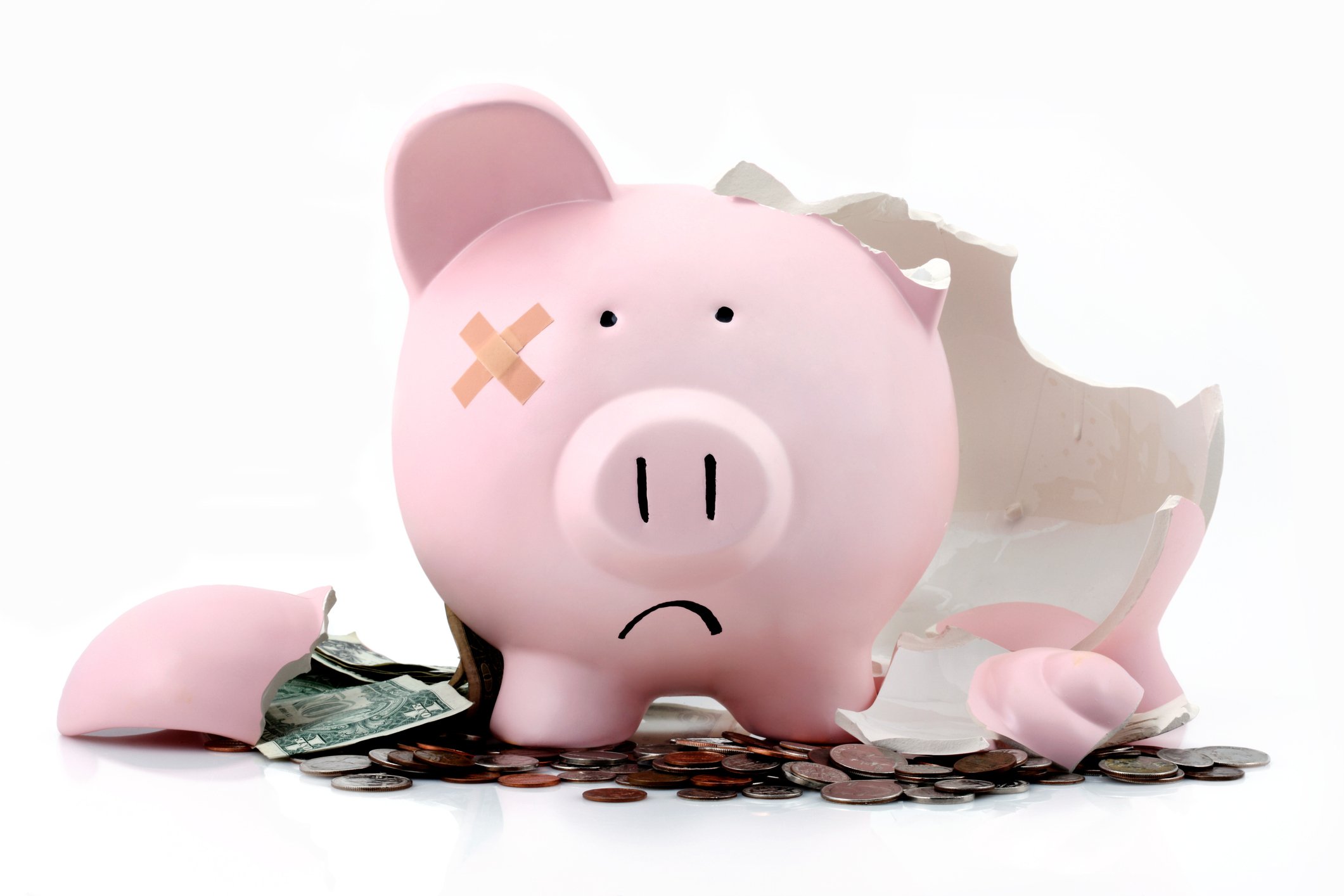Kenvue (KVUE +1.16%) isn't a household name. The consumer health products company has been around in its current form for only a couple of years. However, while you might not know the name Kenvue, you've probably heard of some of its many products, which include Band-Aid, Listerine, and Tylenol.
Shares of the consumer products company have tumbled more than 20% this year due to a variety of issues, including concerns linking Tylenol to autism. That slump has driven its dividend yield up to more than 5%.
While Kenvue stock is down this year, it could soar in 2026. Here are a few of the catalysts that could drive a recovery in the consumer healthcare company.
Meet Kenvue
Kenvue began to take shape in late 2022 when Johnson & Johnson (JNJ 0.06%) unveiled the new name for its former consumer healthcare business, which it was transforming into a stand-alone public company. The name comes from the words "ken," which means knowledge, and "vue," which references sight. Johnson & Johnson ultimately completed an initial public offering (IPO) of the business in 2023. The companies officially separated later that year when Johnson & Johnson completed an exchange offer with its shareholders, giving them control over the newly independent company.
Kenvue is one of the world's largest consumer healthcare product companies. It owns a portfolio of leading consumer healthcare product brands focused on self-care (e.g., Tylenol and Band-Aid), skin health and beauty (e.g., Aveeno and Neutrogena), and essential health (e.g., Listerine). The company reported nearly $15.5 billion in sales last year and recorded over $1 billion in profit.

NYSE: KVUE
Key Data Points
While Kenvue owns a global portfolio of iconic consumer healthcare products, innovation is part of its DNA. It has launched over 100 new product innovations annually since 2020.
The initial struggle
Johnson & Johnson believed that Kenvue could thrive as a stand-alone company. The business was delivering solid organic revenue growth as more consumers around the world relied on its consumer health products for their daily lives. Johnson & Johnson expected Kenvue to deliver improved profit margins, as the independent company could operate more effectively. Meanwhile, an independent Kenvue would have more flexibility to pursue acquisitions to further enhance its global portfolio and growth profile.

NYSE: JNJ
Key Data Points
Unfortunately, things haven't played out that way. Kenvue has struggled to grow its sales (they were flat last year and down 4% in the second quarter of 2025). Meanwhile, instead of growing its profit margins, its earnings have tumbled due to higher costs and other factors.
Things have gone from bad to worse this year after the Trump administration linked Tylenol usage by expectant mothers to autism and attention-deficit/hyperactivity disorder. Those concerns have weighed heavily on the stock.
Taking action to get back on track
Kenvue's problems have drawn the attention of activist investors. Starboard Value pressed the company to make changes, which it has done by refreshing the board and bringing in a new senior leadership team. The company hired a new CFO in May and brought in a new interim CEO a couple of months later.
The new management team is working with advisors to explore strategic alternatives for the company. Those options could include optimizing the brand portfolio and enhancing its operating performance to boost growth, as well as other initiatives to unlock shareholder value. Among the things the company is considering is the sale or spinoff of its skin health business.
Selling off pieces of the company could unlock shareholder value. For example, analysts believe that the skin health and beauty unit could be worth between $6 billion and $9 billion. Selling that division to a rival consumer health products company or a private equity fund would provide it with the cash to bolster its balance sheet and potentially facilitate acquisitions to enhance its remaining business units. A sale of this unit at or above the high end of that range could provide a big boost to Kenvue's stock price.
Meanwhile, tangible actions that drive a growth reacceleration and improve its profitability would also give the shares a boost in the coming year. Additionally, positive news regarding Tylenol would also be a major upside catalyst.
Healthy upside potential
Kenvue has gotten off to a rocky start as an independent public company. However, activist investors have pushed for change, resulting in a refreshed board, a new senior leadership team, and a renewed strategic focus on unlocking value. Those actions could help drive a rebound in the share price next year. That upside potential makes Kenvue an enticing turnaround candidate. In the meantime, investors will get paid well while they wait for the company to execute its turnaround strategy.





